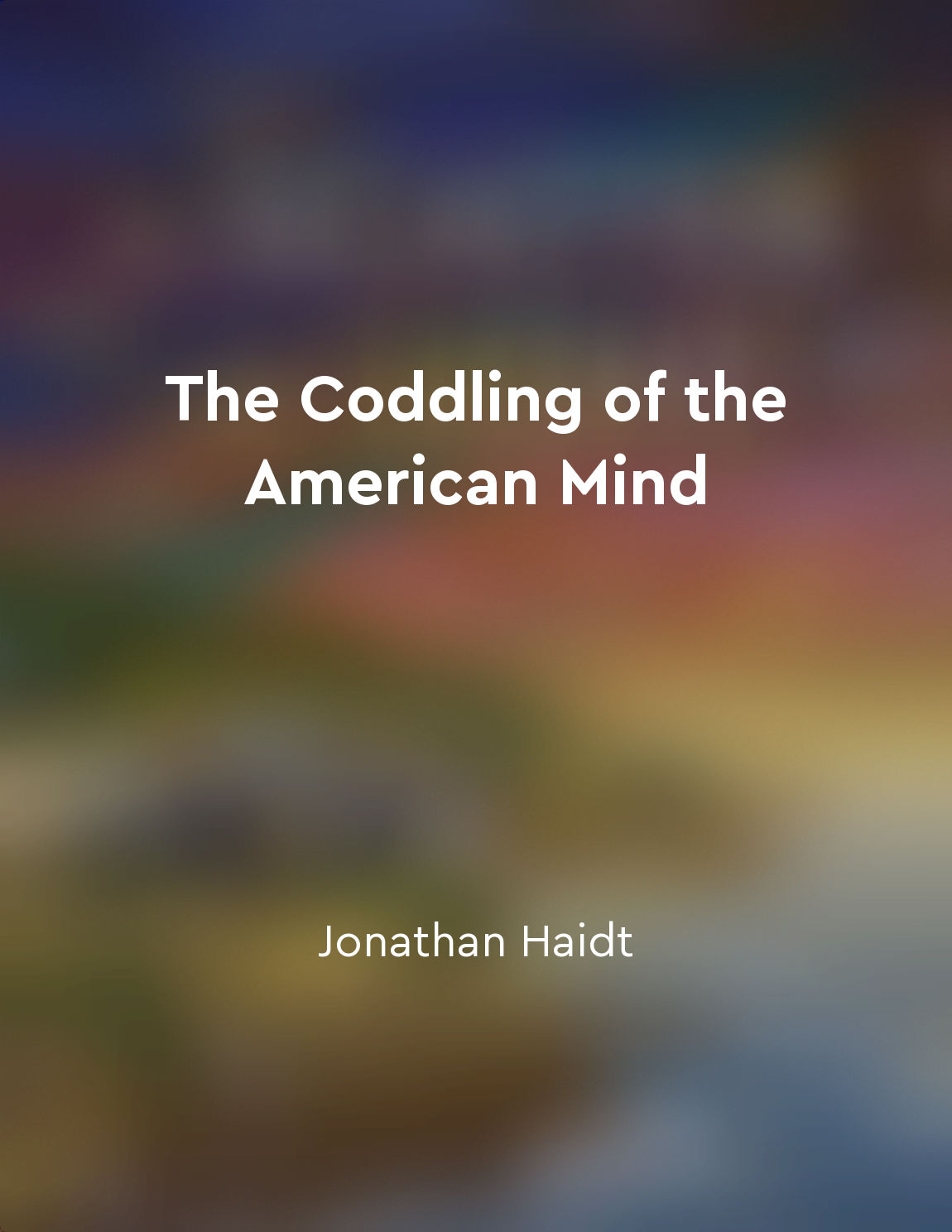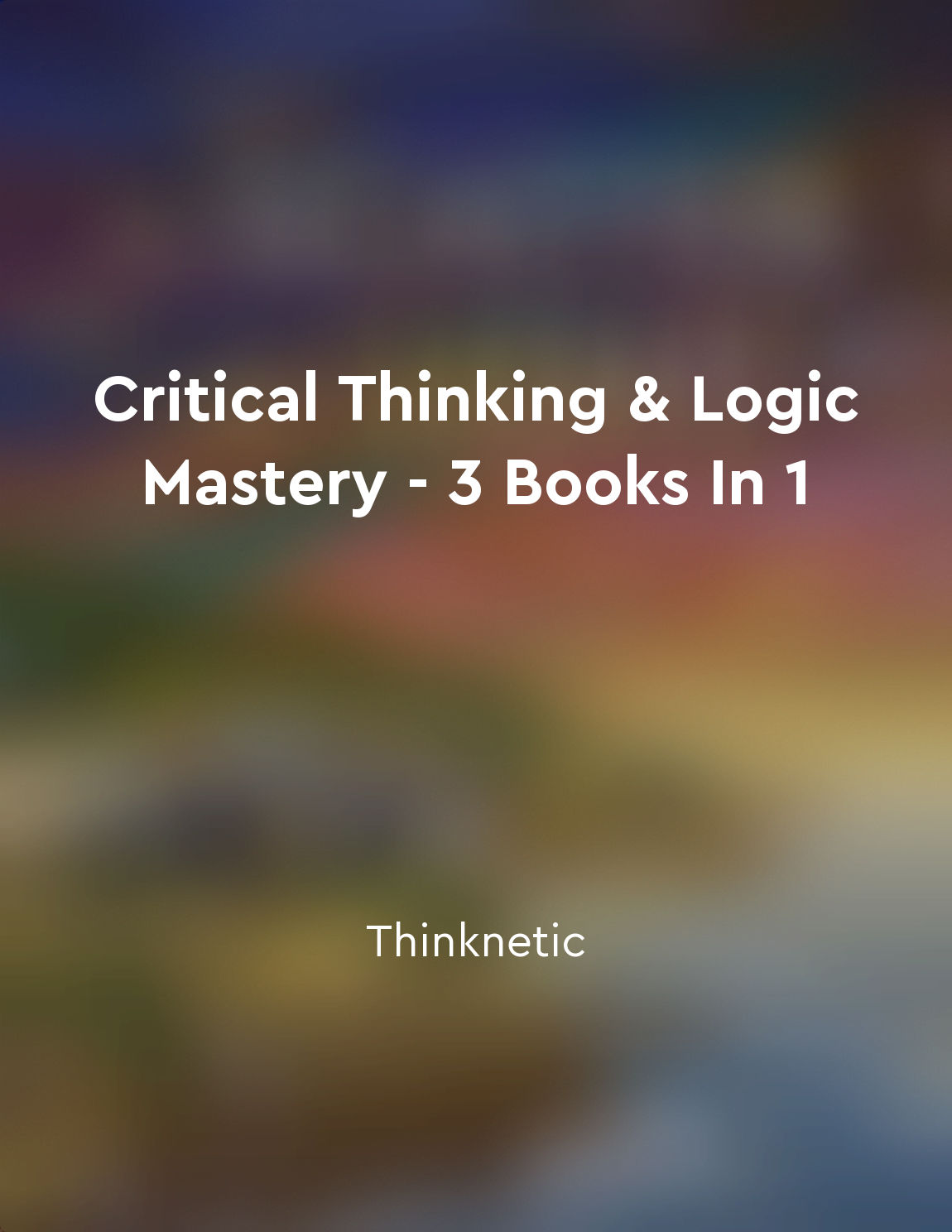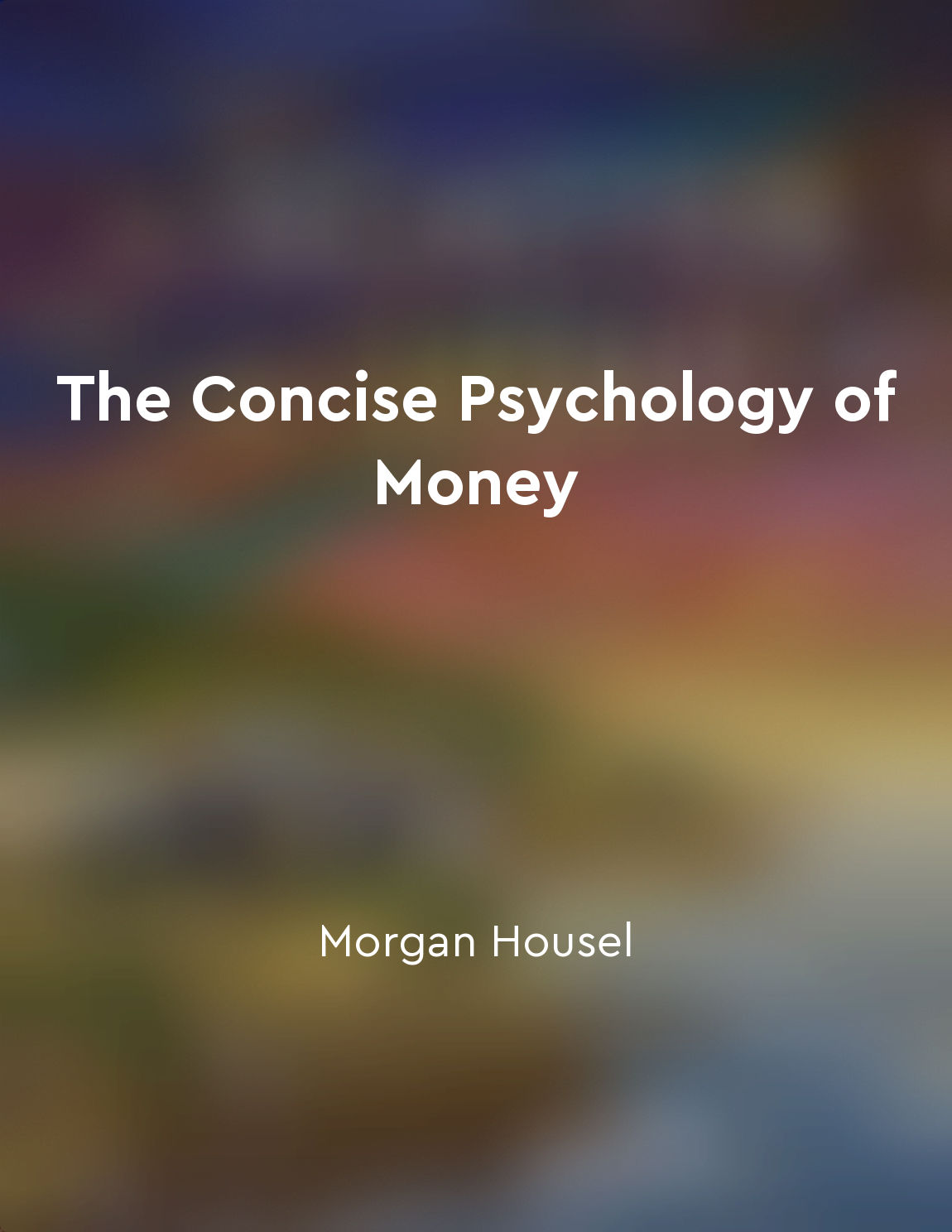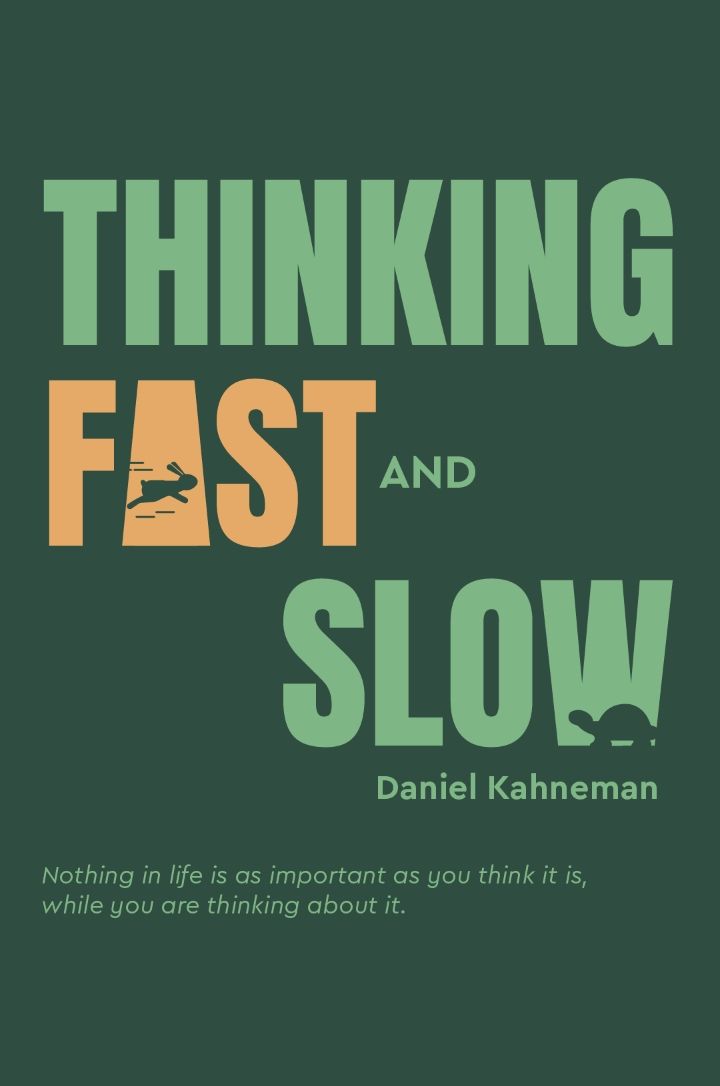Audio available in app
Anchoring can influence perceptions and decisionmaking processes from "summary" of Como usar os Gatilhos Mentais para a Vida Profissional e Pessoal by MAX EDITORIAL
Anchoring is a powerful cognitive bias that can significantly impact how we perceive information and make decisions in both our professional and personal lives. This bias occurs when individuals rely too heavily on the first piece of information they receive (the "anchor") when making decisions or judgments. When we are anchored to a specific piece of information, it can sway our perceptions and lead us to make decisions that may not be entirely rational or based on all available information. This can happen because our brains are wired to use shortcuts when processing information, and anchoring provides a mental shortcut that can lead to biased decision-making. For example, if someone is negotiating the price of a car and the salesperson starts with a high anchor price, the buyer may be more likely to accept a higher final price than if a lower anchor price had been presented. This is because the high anchor sets a reference point that influences the buyer's perception of what is a reasonable price for the car. Anchoring can also influence perceptions in other contexts, such as performance evaluations or salary negotiations. If a manager's initial impression of an employee is negative due to a single mistake, they may anchor their perception of that employee to that mistake, resulting in a biased evaluation of their overall performance. In order to mitigate the effects of anchoring on our decision-making processes, it is important to be aware of this bias and consciously consider alternative perspectives and information. By actively working to challenge our initial anchors and consider a broader range of information, we can make more informed and objective decisions.Similar Posts

Encouraging open dialogue promotes understanding
The concept of encouraging open dialogue is crucial in promoting understanding among individuals. When people engage in open an...
Money is a tool for achieving goals
Money is not an end in itself. It is merely a tool that can help us achieve our goals. Whether it's buying a house, starting a ...

Recognizing logical inconsistencies is a key skill
It is crucial to be able to identify logical inconsistencies when engaging in critical thinking. This skill allows individuals ...

Rational individuals seek to minimize bias in their decisionmaking
Rational individuals are those who are committed to making decisions in a logical and reasoned manner. This means that they str...

Our attitudes towards money are shaped by our personal experiences and upbringing
Our attitudes towards money are deeply ingrained in us, molded by the experiences we have had and the lessons we have learned t...
Selfattribution bias makes investors attribute successes to their own skill rather than luck
Self-attribution bias is a common psychological quirk that affects how investors perceive their own successes. When investors e...
Engage in critical thinking
Critical thinking is not just about being skeptical or negative. It involves being open-minded and curious, willing to question...
Selfawareness is crucial in navigating human interactions
Understanding oneself is essential when it comes to successfully navigating the complexities of human interactions. By being se...
Building credibility through honesty and competence
To be persuasive, one must first establish credibility. This can be achieved through two key components: honesty and competence...

The affect heuristic guides our emotional judgments
When we make judgments and decisions, our emotions play a significant role. The affect heuristic is a mental shortcut that allo...
